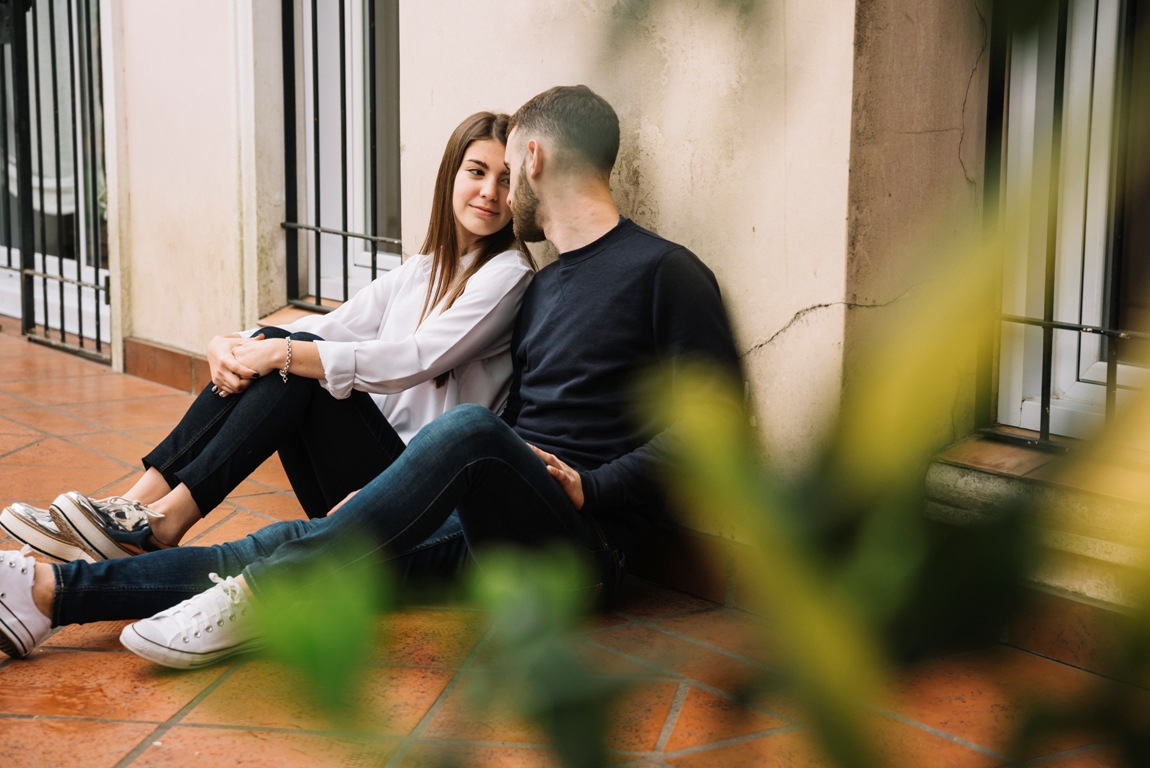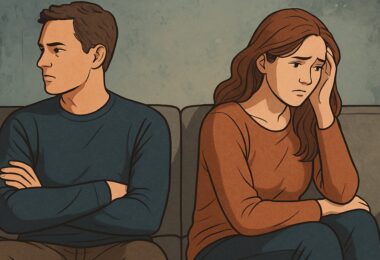In the realm of relationships, navigating the complexities of dating someone who has experienced the loss of their ex-partner whether due to breakup or death can be emotionally challenging. It requires a delicate balance of empathy, communication, and understanding to forge a strong connection while honoring the memory of the deceased. In this article, we’ll delve into the intricacies of relationships with individuals who have faced the loss of their former partners, exploring the dynamics of dating someone whose ex died, strategies for effective communication in such sensitive circumstances, ways to provide support to your grieving partner, and the crucial importance of self-care and boundaries in navigating this delicate terrain.
Table of Contents
- Understanding the Dynamics
- Communication in Sensitive Situations
- Supporting Your Partner
- Building Trust and Understanding
- Self-Care and Boundaries
Key Takeaways
- Effective communication is essential in relationships where a partner has experienced the loss of their ex.
- Supporting your partner through active listening and empathy can strengthen your bond.
- Setting healthy boundaries and practicing self-care are crucial for both partners’ emotional well-being.
Understanding the Dynamics
Dating someone whose ex died introduces unique dynamics that require careful navigation. It’s natural for your partner to have complex emotions regarding their past relationship, and understanding these dynamics is crucial for building a strong connection.
Challenges of Dating Someone Whose Ex Passed Away
When entering into a relationship with someone who has experienced the loss of their ex, it’s essential to acknowledge the challenges that may arise. These challenges can include:
| Challenge | Impact |
|---|---|
| Emotional complexity | Partner may have conflicting feelings towards their ex, requiring patience and understanding. |
| Comparison concerns | Partner may worry about being compared to the deceased ex, leading to insecurity. |
| Dealing with grief | Your partner may still be grieving, which can affect the dynamics of your relationship. |

Importance of Empathy and Sensitivity
Empathy and sensitivity are foundational for fostering a healthy relationship with someone who has lost their ex. Put yourself in their shoes, and approach conversations and interactions with compassion.
Empathizing with your partner’s feelings towards their ex can strengthen your bond and deepen your understanding of each other.
Communication in Sensitive Situations
Effective communication is the cornerstone of any healthy relationship, especially when navigating sensitive topics such as the loss of a partner. Here are some strategies for fostering open communication:
Open Dialogue
Encourage open dialogue with your partner about their feelings and concerns regarding their ex. Create a safe space where they feel comfortable expressing themselves without judgment.
Active listening is key to understanding your partner’s perspective. Practice listening attentively and validating their emotions, even if you may not fully understand.

Establishing Boundaries
While it’s important to support your partner, it’s equally crucial to establish healthy boundaries to maintain your emotional well-being. Communicate openly about what you’re comfortable with and discuss boundaries together.
Respect your partner’s need for space to grieve while also ensuring that your own needs are met within the relationship.
Supporting Your Partner
Supporting your partner through the grieving process requires patience, empathy, and understanding. Here are some ways to provide support:
Emotional Support
Offer emotional support by actively listening to your partner’s feelings and validating their experiences. Let them know that you’re there for them unconditionally, even during moments of grief.
Reassure your partner that it’s okay to feel a range of emotions and that you’re there to support them through the ups and downs.
Creating a Safe Space
Create a safe space for your partner to express their emotions without fear of judgment or criticism. Avoid minimizing their feelings or comparing their grief to your own experiences.
Validate their emotions and let them know that it’s okay to take as much time as they need to heal.
Building Trust and Understanding
Building trust and understanding in a relationship where one partner has experienced loss requires patience and empathy. Here’s how you can strengthen your bond:
Addressing Insecurities
It’s natural to experience insecurities in a relationship where your partner has a deceased ex. Address these insecurities openly and honestly with your partner, emphasizing your commitment to them and your unique bond.
Reassure your partner of your love and commitment, and remind them of the qualities that make your relationship special.

Fostering Mutual Understanding
Self-Care and Boundaries
Self-care and establishing boundaries are crucial for maintaining emotional well-being in a relationship where one partner has experienced loss. Here’s how you can prioritize self-care:
Importance of Self-Care
Prioritize self-care by engaging in activities that bring you joy and relaxation. Take time for yourself to recharge and rejuvenate, especially during difficult moments in your relationship.
Self-care not only benefits your own well-being but also enables you to be a supportive and empathetic partner to your loved one.
Setting Healthy Boundaries
Set healthy boundaries to protect your emotional well-being and maintain balance in your relationship. Communicate openly with your partner about your needs and boundaries, and respect each other’s limits.
Boundaries help create a sense of safety and security within the relationship, allowing both partners to thrive individually and as a couple.
Frequently Asked Questions
How do you support someone whose ex died?
Supporting someone who has experienced the loss of their ex-partner requires empathy, patience, and active listening. When dating someone whose ex died, it’s crucial to offer your presence and emotional support. Encourage them to express their feelings without judgment and respect their grieving process. Be there for them in whatever capacity they need, demonstrating understanding and compassion throughout their journey of healing.
Is it okay to talk about the deceased ex in a new relationship?
Discussing the deceased ex in a new relationship can be a sensitive topic. It’s essential to communicate openly with your partner about their comfort level regarding this subject. Respect their boundaries and feelings, and approach the topic with empathy and sensitivity.
How do you deal with jealousy in a relationship where the ex died?
What if my partner compares me to their deceased ex?
If your partner compares you to their deceased ex, it’s essential to express your feelings calmly and openly. Communicate your concerns with empathy and understanding, and reassure your partner of your unique qualities and the value you bring to the relationship. Encourage open dialogue and mutual respect.








Leave a Comment